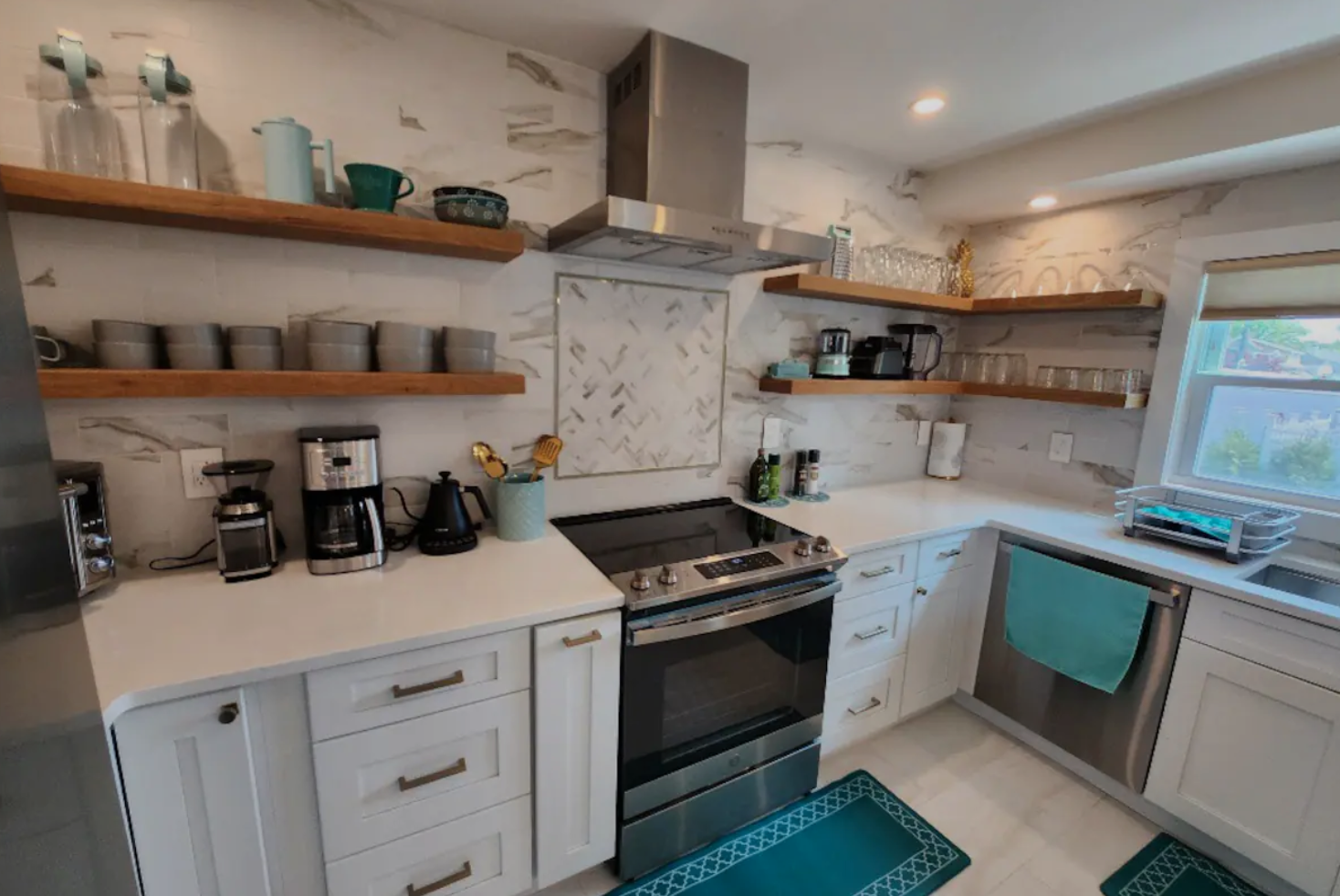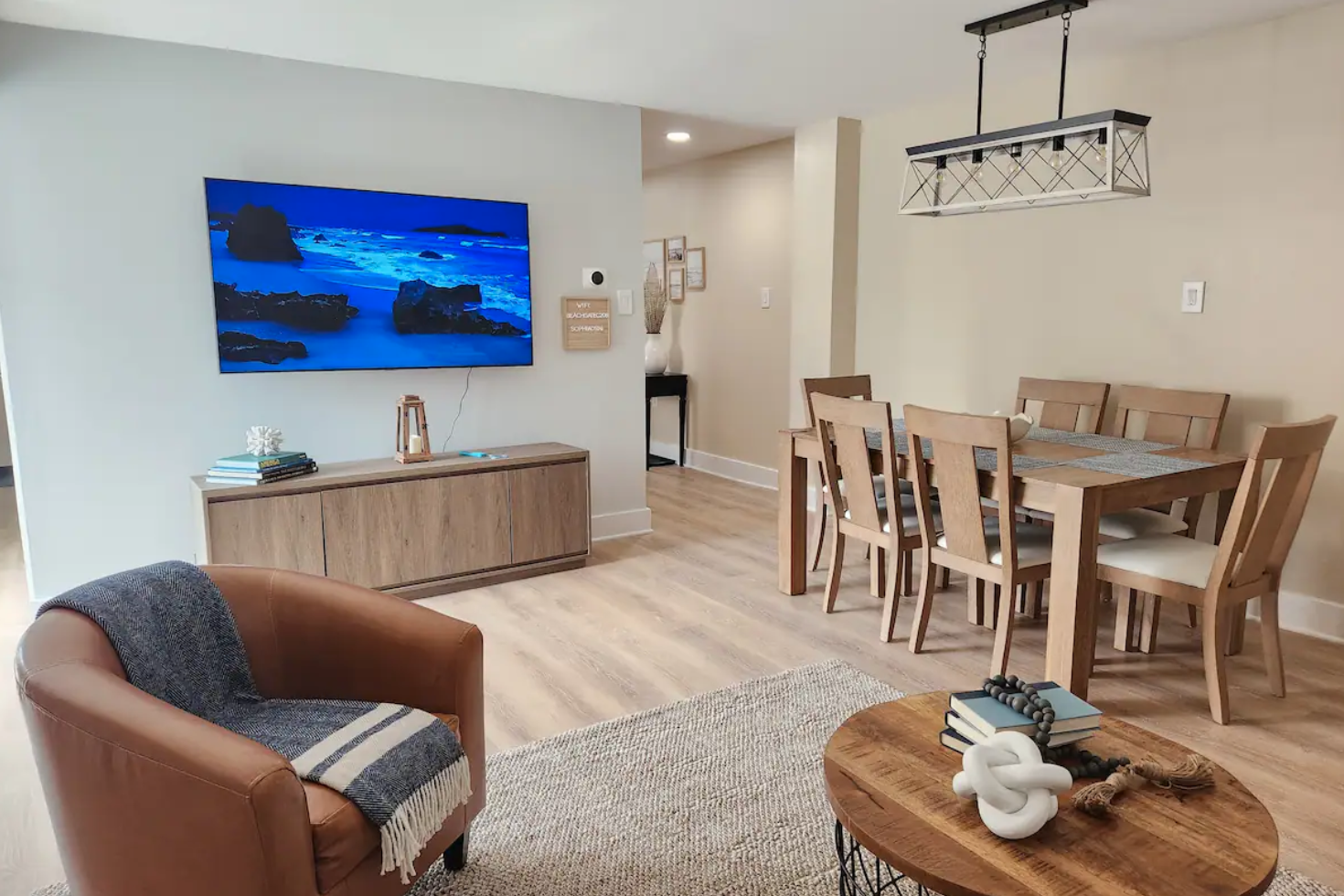
Make Passive Income & Hire To Host!
Short Term Rental Hosting
FAQs
Short Term Rental hosting refers to the practice of renting out a property, typically a room or an entire home, to travelers and guests through a platform such as AirBnb. This form of short-term accommodation has become increasingly popular in recent years, providing an opportunity for homeowners and property owners to earn income by welcoming guests into their homes. Here's a more detailed explanation of Short Term Rental hosting:
1. Listing Creation: To start as a short term rental housing host, you create a listing for your property on a rental website or mobile app. This listing includes details about your property, such as its location, size, amenities, pricing, house rules, and availability. High-quality photos and an accurate description are crucial to attract potential guests.
2. Guest Bookings: Once your listing is live, travelers searching for accommodations in your area can find your property and make reservations. Guests can book a single room in your home, a portion of your property (like a guesthouse), or the entire home, depending on your preferences and the available space.
3. Communication: Effective communication with guests is essential. Hosts are responsible for responding to booking inquiries, questions, and messages promptly. Clear and transparent communication helps build trust and ensures a smooth booking process.
4. Guest Check-In: On the day of a guest's arrival, hosts typically arrange for a smooth check-in process. This may involve providing detailed instructions on how to access the property, meeting the guest in person, or using a lockbox or keyless entry system.
5. Accommodating Guests: As a host, you are responsible for ensuring that the guest has a comfortable and enjoyable stay. This includes providing clean and well-maintained accommodations, making necessary amenities available, and offering information about the local area, such as restaurant recommendations and transportation options.
6. Housekeeping and Maintenance: Hosts are expected to keep the property clean and in good condition. This involves regular cleaning, restocking essentials like toiletries and linens, and addressing maintenance issues promptly.
7. House Rules: Hosts set house rules that guests are expected to follow during their stay. These rules can cover topics like smoking, pets, quiet hours, and check-out procedures. Clear and reasonable rules help ensure a positive experience for both hosts and guests.
8. Pricing and Fees: Hosts have control over the pricing of their listings. They can set nightly rates, cleaning fees, and additional charges for extra guests or services. Airbnb provides pricing suggestions based on factors like location, property type, and demand.
9. Reviews and Ratings: Both hosts and guests can leave reviews and ratings after a stay. Positive reviews can boost a host's reputation and attract more bookings, while negative feedback can impact a host's ability to attract guests.
10. Safety and Security: Hosts are responsible for the safety and security of their guests. This includes ensuring that the property is equipped with smoke detectors, fire extinguishers, and other safety features, as well as adhering to local safety regulations.
11. Legal and Tax Considerations: Short term rental hosting may have legal and tax implications, depending on your location and the nature of your hosting activities. Hosts should be aware of local regulations and tax obligations related to short-term rentals.
In summary, Short term rental hosting is a flexible and potentially lucrative way for individuals to share their homes or properties with travelers while earning extra income. Successful hosting involves effective communication, maintaining a well-kept property, and providing a positive experience for guests. It's important for hosts to be aware of the responsibilities and legal considerations associated with short-term rentals in their area to ensure a smooth hosting experience.





